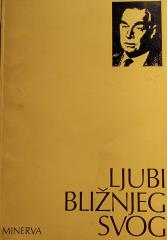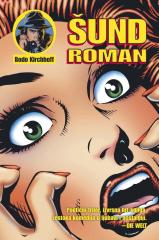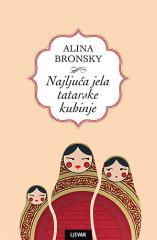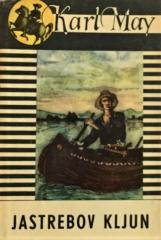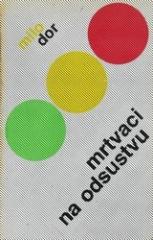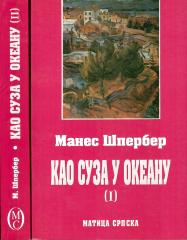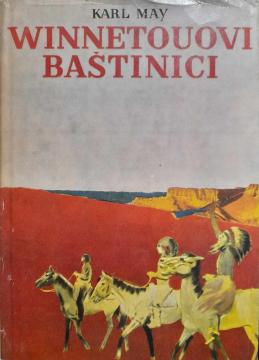
Winnetouovi baštinici
Heirs of Winnetou is the name he uses today for the original Winnetou, abbreviated: Winnetou IV, Karl May's last completed novel. This was also the last volume of "Collected Travel Stories".
Old Shatterhand, now over 60 years old, receives several letters at home in his villa in Radebeul, including from Old Surehand's and Apanatschka's sons. In them he is informed about the upcoming construction of a Winnetou monument and invited to it. In order to take a look at the matter and, if necessary, prevent it, he sets off with his second wife Klara, “Herzle”.
On their journey through the hardly “wild” West (the “heart” is allowed to sleep in a tent they brought with them) they are accompanied by a good friend and former Westman Max “Maksch” Pappermann. On the way they meet the “Young Eagle” and Santer's two sons, who visited him in Germany at the beginning of the novel. In the process, Old Shatterhand finds Winnetou's actual will by digging deeper into the hole he already dug in Winnetou III and where he found the "treasure map" that was ultimately destroyed by Santer. Old Shatterhand finally manages to convince Winnetou's followers of the superficiality and dishonesty of the monument, which fails to complete. In the afterword, however, a monument in New York City is announced "as a symbol of the fact that the people of America, despite all the injustices inflicted on the red race, fully appreciate the noble qualities of the native Americans."
Furthermore, Old Shatterhand reconciles with many of his old enemies (e.g. Tatellah Satah). All in all, the novel is much more romanticized than its predecessors. The motif “peace and reconciliation” is in the foreground. There is talk of a “Clan Winnetou”, whose members wear the name of someone they protect under a twelve-pointed yellow star on their chest. In the origin story of this clan there is also mention of Marah Durimeh, an old, Catholic and rather mysterious queen who actually only appears in the Orient stories by Karl May. She is known to Native Americans as Queen Marimeh. Their knowledge is traced back to the former land bridge between Asia and North America, over which messengers from the kingdom of Jinnistan came thousands of years ago.
Two copies are available
Copy number 1
- Slight damage to the dust jacket
Copy number 2
- Nedostaje omot
